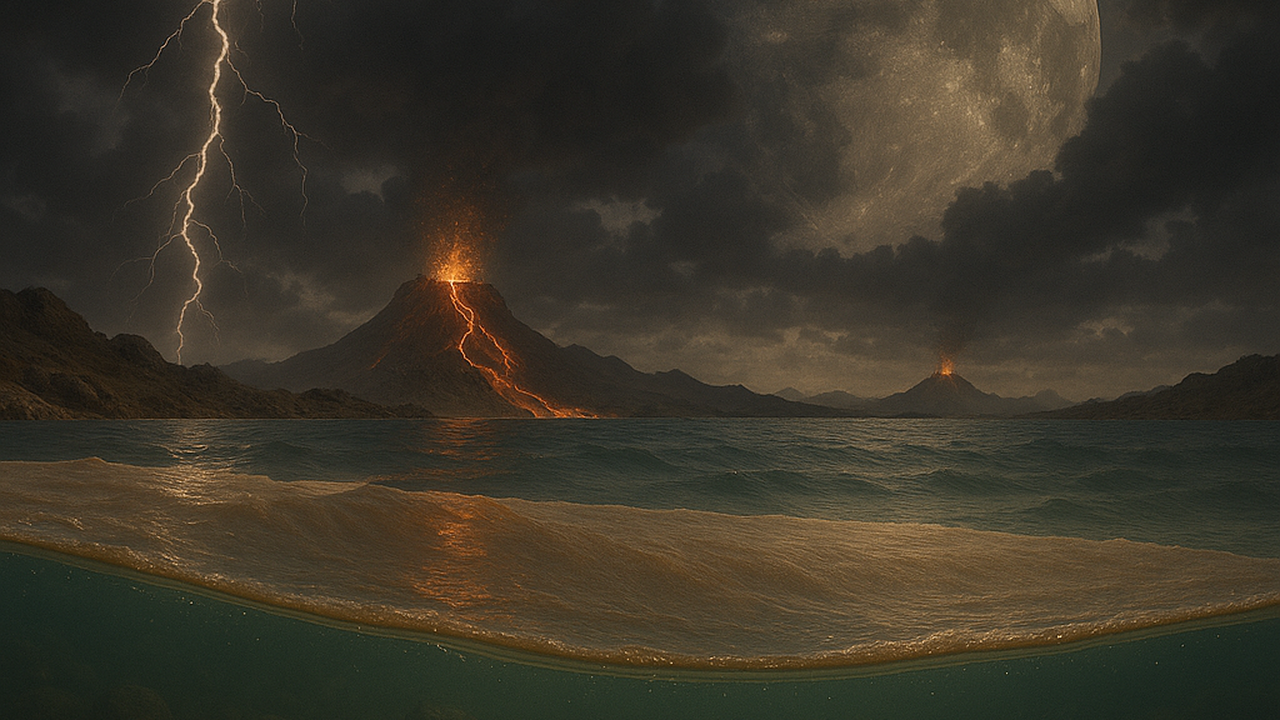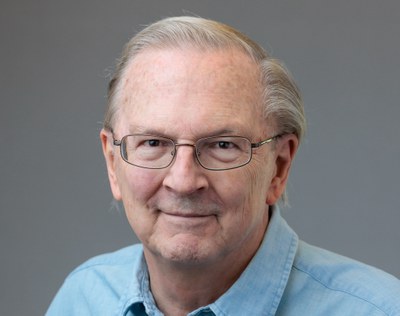Leading figures of science and philosophy debate the “Origin of Life” at the San Telmo Museum
The Donostia, Zientzia Hiria programme returns with a talk by Nobel Prize laureate Jack Szostak and a round table discussion that will provide insights into the search for life in space, the chemical and physical processes that led to the emergence of life on Earth, and the open debate on what we understand by life

With the aim of connecting science and society from a multidisciplinary perspective, Donostia, Zientzia Hiria returns, an initiative organised by the Donostia International Physics Centre (DIPC) and San Telmo Museum as part of its Challenges programme. This new edition will be dedicated to the problem of the ‘Origin of Life’, one of the great mysteries of nature that has been addressed from the perspectives of chemistry, physics and biology, and which in recent times has sparked heated debates from an ontological point of view, calling into question the very definition of life.
 How did the transition from an inert world to a living one occur? Is it possible to replicate these leaps or transitions in a laboratory? To answer these and other questions, on Thursday, 16 October, at 7:00 p.m., the San Telmo Museum will host a talk by Nobel Prize laureate in Physiology and Medicine Jack Szostak, who was recognised with this distinction for his fundamental contributions to the understanding of the structure and function of telomeres, as well as their role in preventing cellular senescence. From 2000 to the present, his research interests have focused on the laboratory synthesis of self-replicating systems and the origin of life, topics he will address in his talk. The event will include a final dialogue with scientist Kepa Ruiz Mirazo (Biophysics, EHU). The activity will be in English with simultaneous translation into Basque and Spanish.
How did the transition from an inert world to a living one occur? Is it possible to replicate these leaps or transitions in a laboratory? To answer these and other questions, on Thursday, 16 October, at 7:00 p.m., the San Telmo Museum will host a talk by Nobel Prize laureate in Physiology and Medicine Jack Szostak, who was recognised with this distinction for his fundamental contributions to the understanding of the structure and function of telomeres, as well as their role in preventing cellular senescence. From 2000 to the present, his research interests have focused on the laboratory synthesis of self-replicating systems and the origin of life, topics he will address in his talk. The event will include a final dialogue with scientist Kepa Ruiz Mirazo (Biophysics, EHU). The activity will be in English with simultaneous translation into Basque and Spanish.
On Friday 17 October at 7 pm, it will be the turn of the round table discussion 'What is life and how does it arise? Dialogues from philosophy and science', with the participation of Izaskun Jiménez Serra, researcher at the Centre for Astrobiology (CAB, CSIC-INTA), who has just received an ERC-Consolidator grant on the formation and detection of prebiotic organic molecules in the stellar environment; Juan Manuel García Ruiz, Ikerbasque professor at the DIPC, head of the Laboratory of Mineral Self-Organisation and Origin of Life in Donostia/San Sebastián and one of the world's leading experts in crystallography; and Kepa Ruiz Mirazo, researcher at the Biofisika Institute, professor of Philosophy of Science and Philosophy of Complexity at the University of the Basque Country, and renowned researcher on the origin of life.

Through a multidisciplinary conversation, this round table will attempt to provide insights into the search for life in space, the chemical and physical processes that led to the emergence of life on Earth, and the big open questions about what we understand by life, in accessible and engaging language. The round table will be in Spanish.
Both activities are free of charge until full capacity is reached.
